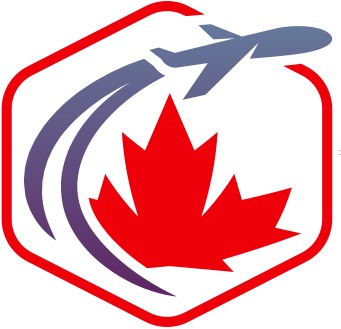Study in Canada: Your Guide to Study Permits
Thinking about studying in Canada?
Great choice! To make it happen, you'll need a Canadian study permit.
Here's what you need to know without the confusing jargon:
Types of Study Permits:
1. Regular-Stream
The standard way to get a study permit..
2. Fast Track (Student Direct Stream - SDS)
A quicker option for citizens of China, India, Morocco, Pakistan, the Philippines, Senegal, or Vietnam with a high school certificate and CLB 7 in English or French.
Who Needs a Study Permit?
You generally need one unless:
- Your course is less than 6 months.
- You’re a family member of a foreign representative in Canada.
- You’re in a foreign armed force in Canada.


Eligibility Criteria
To study in Canada, you must:
- Get accepted by a Designated Learning institution.
- Prove you can pay tuition.
- Prove you can support yourself while studying
- Have a clean criminal record.
- Be medically fit.
- Plan to return home after studying.
Working While Studying:
Want to work part-time while studying? You can, up to 20 hours per week during the semester, and full-time during breaks. Here's what you need:
- Be a full-time student.
- Hold a valid study permit.
- Be enrolled in a valid program.
- Obtain a Social Insurance Number (SIN) for off-campus work.




